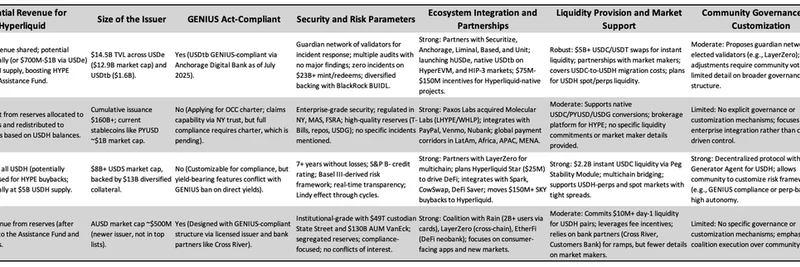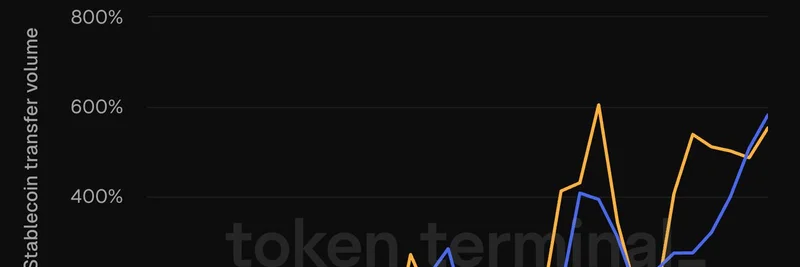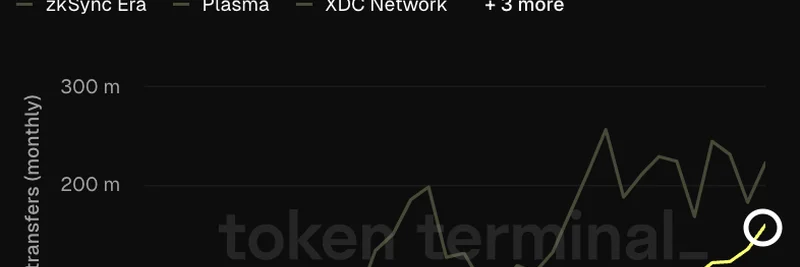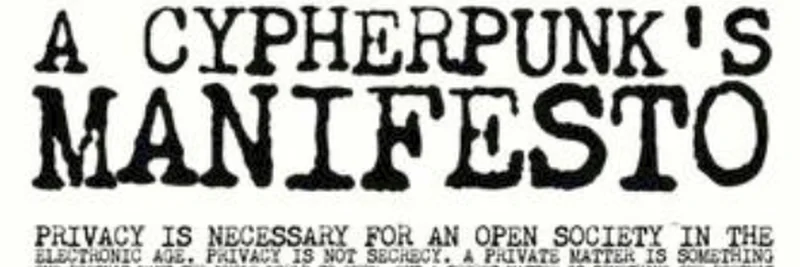In the fast-paced world of decentralized finance (DeFi), stablecoins are the backbone that keeps everything steady amid the volatility. Recently, a fascinating discussion unfolded on X (formerly Twitter) from user @0x_tiago, who analyzed proposals for Hyperliquid's upcoming USDH stablecoin. Hyperliquid is a layer-1 blockchain focused on perpetual futures trading, and USDH aims to be its native stablecoin, backed by U.S. dollars or equivalents. Tiago, an explorer of internet capital markets, used AI (specifically Grok) to summarize and score proposals from top contenders: Ethena, Paxos, Sky, and Agora. The result? Ethena comes out on top, but let's break it down step by step.
Why the Buzz Around USDH?
Hyperliquid is gearing up to launch USDH, a stablecoin designed to enhance liquidity and trading on its platform. Stablecoins like this are pegged to the U.S. dollar, providing a safe haven for traders to park funds without exiting the crypto ecosystem. The proposals come from established players vying to issue or back USDH, each offering different perks in revenue sharing, security, and integration. Tiago's thread highlights how these could generate significant revenue for Hyperliquid—potentially millions annually—while ensuring compliance and community involvement.
To visualize the comparisons, Tiago shared a handy table that Grok helped compile. Here's the breakdown:
As you can see, the table evaluates each proposal across key metrics: potential revenue for Hyperliquid, size of the issuer, GENIUS Act compliance (a U.S. regulatory framework for digital assets), security and risk parameters, ecosystem integration with partners, liquidity provision, and community governance.
Ethena's Winning Edge
Ethena scores a stellar 9.1 out of 10, leading the pack. Their proposal offers 95% of net revenue shared with Hyperliquid, potentially netting over $200M annually from a $700M-5B valuation band. Backed by a massive $14.5B total value locked (TVL) across USD, Ethena emphasizes guardian networks, multiple audits, and diversified backing with BlackRock's BUIDL. They're committing big on liquidity too—$5B+ in USD/USDt swaps for instant market makers—and plan to cover spot-to-USDH migration costs. Governance is moderate, with elected validators and a focus on community voting, but it's not fully decentralized yet.
What makes Ethena stand out for meme token enthusiasts? In a world where memes thrive on hype and liquidity, a strong stablecoin like USDH powered by Ethena could supercharge trading pairs on Hyperliquid, making it easier to flip those viral tokens without slippage.
How Do the Others Stack Up?
Paxos (7.6/10): Known for stablecoins like PYUSD, Paxos brings global reach with apps/validators based on USDH balances. They offer 95% interest from reserves but cap at a cumulative $160B issuance. Security is solid with NYMFSRA regulation and no specific incidents mentioned. However, GENIUS compliance is pending, and governance is limited to enterprise integration over community control. It's a reliable choice but lacks the DeFi flair.
Sky (8.4/10): Formerly MakerDAO, Sky proposes a 4.85% yield on USDH, potentially higher if fully used for buybacks. With a $8B+ market cap and 7+ years of battle-tested features, they score high on security (S&P B-credit rating) and decentralization via Sky Generator Agent. Liquidity comes from $2.2B initial USD liquidity via Peg Stability Module, and governance is strong with community-driven frameworks. Sky's DeFi-native approach makes it a close contender, especially for those wary of centralized elements.
Agora (7.9/10): This one's aggressive on revenue—100% net from reserves after minimal fees—backed by a coalition including LayerZero and Rain. They're GENIUS-compliant from the start, with state street and $130B AUM in VanEck reserves. Ecosystem perks include $10M+ liquidity incentives and focus on consumer-facing apps. Governance is limited, though, with no specific mechanisms beyond coalition execution. Agora appeals to those prioritizing regulatory alignment and broad partnerships.
The Scoring Methodology: Keeping It Objective
To avoid bias—especially since Tiago holds ENA (Ethena's token)—he leaned on Grok's structured scoring. Each metric was rated 1-5 based on proposal details, then averaged equally for an overall score out of 10. For instance, revenue potential favored high shares and projections, while security looked at track records and audits. This transparent method ensures the analysis isn't just hype; it's data-driven. You can check the full thread for the nitty-gritty here.
Implications for the Meme Token Ecosystem
At Meme Insider, we're all about how these developments ripple into the meme token space. A robust USDH could mean smoother on-ramps for meme trading on Hyperliquid, where perps (perpetual futures) let you bet on tokens without owning them. Ethena's incentives, like $75M for Hyperliquid-native projects, might fund meme-friendly initiatives, boosting liquidity and innovation. Keep an eye on tokens like ENA, which could surge if their proposal wins.
In summary, while Ethena leads with scale and incentives, competitors like Sky offer decentralization perks that could sway Hyperliquid's community. Whichever wins, it's a win for DeFi users seeking stable, high-yield options. Stay tuned as Hyperliquid decides— this could reshape stablecoin dynamics in blockchain trading.




